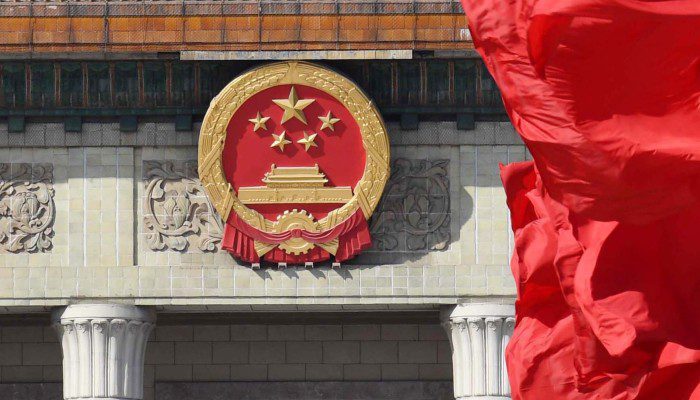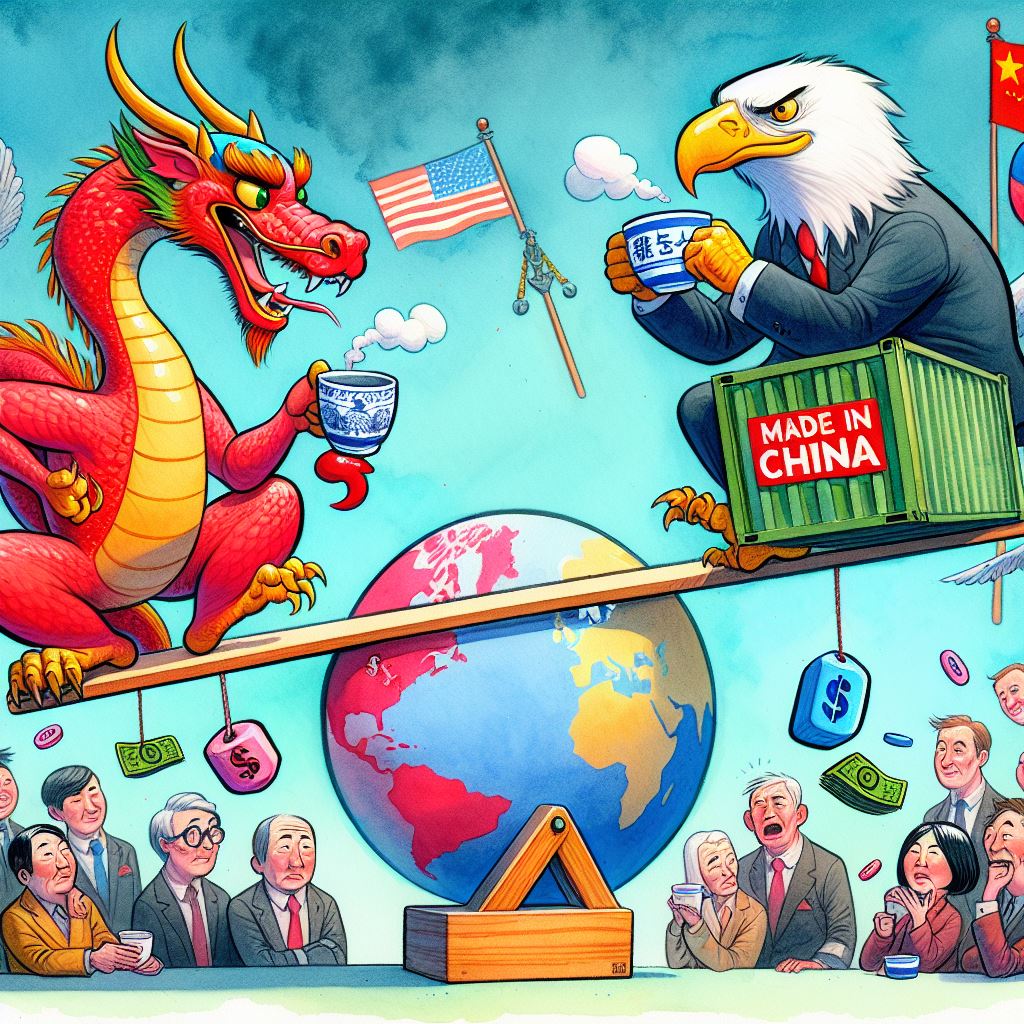“Singles Day” – the world’s biggest shopping day by Alibaba marks its 10th anniversary and breaks new records
Singles Day, a shopping holiday bigger than Black Friday, took place this weekend, and as expected, smashed new sales records. The gross merchandise value (GMV) hit over US $30.8 billion in sales over the 24-hour event, thus topping the US $25.3 billion record from previous year.
As Daniel Zhang, the chief executive of Alibaba, promised the event to be bigger and more successful than in previous years – and so it was. The event started with a strong kick-off, hitting $1 billion in sales within just one minute and 25 seconds. The total number of delivery orders surpassed a billion. In addition to these crazy numbers, for reference – the total GMV generated for Singles Day 2017 was $25.3 billion. The GMV for last year’s Black Friday sales in the U.S. brought in ‘only’ $5 billion.
Take a look at our other posts: Part 1: U.S. – China Trade War explained
What is Singles Day?
Singles Day initially started out in the 90’s as an anti-Valentine’s Day movement among university students. The special date 11.11 was chosen as it consists of “ones”, evoking “bare branches” – a Chinese expression for the unattached. There are several theories on where and how Singles Day came to be, but this is the most widely accepted version. However, all of the stories agree on one thing – in a culture that emphasizes relationships, this was a time for the singles to celebrate their single status.
Monetize it!
As said, originally, the holiday was all about having fun and being with friends. Around 2009, in attempts to expand business and drawing inspiration from the American Black Friday, Alibaba latched onto the idea of centering a promotion around a holiday. Choosing 11.11 for centering their shopping promotions and mega-discounts, the message was transformed further – the consumers were encouraged to treat themselves in celebration of being single.
Starting out as the first e-commerce platform with just 27 brands offering Singles’ Day deals on their Tmall platform, other companies noticed the potential and latched on to the idea. JD.com, Alibaba’s major competitor, followed suit in 2010, and soon, the sales margins for the obscure “double 11” holiday would surpass the ones from U.S. Cyber Monday and Black Friday sales. The first Singles’ Day sale of 2009 brought in $7.8 million in GMV. Last year’s sale of 2017 exceeded all expectations, bringing in a total of $25.3 billion to Alibaba in GMV.
Bigger and bolder
With each following year, as the sales have grown, Singles’ Day marketing has become more lavishing with no expenses spared. 2015 saw a three-hour television special by Alibaba, with stars like Kevin Spacey, Daniel Craig, Adam Lambert and Chinese celebrities dropping by. For 2016, the 11.11 Shopping Festival Gala featured sports legends Kobe Bryant and David Beckham.
The extravagant online shopping event has put the local postal services under a logistical strain. In 2012, 78 million parcels from Singles’ Day broke down the shipping system and some customers had to wait for months in order to receive their orders. Things have significantly improved since then, with postal authorities reporting of handling a whole 331 million parcels in 2017.
How many is 331 million parcels? This means that on average, 1 in every 4 Chinese people were expecting a shipment after Singles’ Day 2017.
Singles’ Day battles
While the majority knows the day as Singles’ Day, a large variety of retailers have chosen an alternative name for it. This is due to Alibaba suddenly registering the commonly used Chinese name “双十一” in 2014 as a trademark. As the other e-commerce platforms protested over this bold move, they had no choice but to opt for replacement names ever since, most common one being “11.11” displayed as digits.
JD.com and Alibaba have collided more than once over Singles’ Day. In 2015, JD.com sent a letter of complaint to a Chinese antitrust regulator, requesting an investigation into rival Alibaba’s practices. According to JD’s accusations, Alibaba was “forcing merchants” to choose sides and exclusively deal with only one e-commerce platform. A breach between Alibaba’s requirements and merchants would lead to sanctions and punishments. Ever since then, Chinese business regulators, such as The State Administration for Industry and Commerce (SAIC) have been meeting up with the e-commerce platforms ahead of Singles Day, warning them from engaging in fraudulent practices.
10 years of shopping madness
As the event marked its 10th anniversary, Alibaba made sure to add novelty to this year’s Singles’ Day. A Singapore based e-commerce site Lazada, majority-owned by Alibaba and operating across Southeast Asia, hosted its own sales. Alibaba also included its food delivery platform Ele.me to the 11.11 madness, which partnered up with Starbucks for delivery services. As previously, the annual Singles Day gala, hosted by Alibaba, went big and included international stars such as Miranda Kerr and Mariah Carey. Perhaps the ultimate display of consumerism came about when a Chinese girl group performed a song called “Wanna Buy Wanna Buy”, as the backup dancers were pushing shopping carts along the stage.
As each year brings along new Singles Day records, the attitude towards the manic consumerist event seems to be met with less enthusiasm, as the year-on-year growth rate slowed down this time – the annual sales growth rate fell from 39 percent to 27 percent, thus also being the smallest rate within the event’s 10-year history.
The future of Singles’ Day
It’s clear amid the slowing Chinese economy and U.S. – China trade war concerns that Singles’ Day won’t be able to top its own sales growth records soon. Alibaba is looking for ways to go global with 11.11 activities and puts strong emphasis on its “new retail” strategy. Meanwhile, Alibaba must also ward off competitors, such as JD.com with their “618” shopping event, also breaking sales records.
While the world anticipates Alibaba’s next move for Singles’ Day, we’re witnessing a China that is no longer a follower. If there’s anything that this 24-hour spending orgy proves, is that China is leading the world in e-commerce and consumer engagement by raking in billions on a made-up holiday embracing singledom.
Considering entering the Chinese market and perhaps take part in the next year’s 11.11 shopping extravaganza? We can help you with that – have a look at the services we offer and get in touch with us!
Don’t forget to follow us on social media to receive more news and updates!
See how much salary you receive after tax and check your company value without leaving WeChat!
Also, our Mini Program can estimate the salary in your industry, for your experience level and position. A huge help for salary negotiations!






